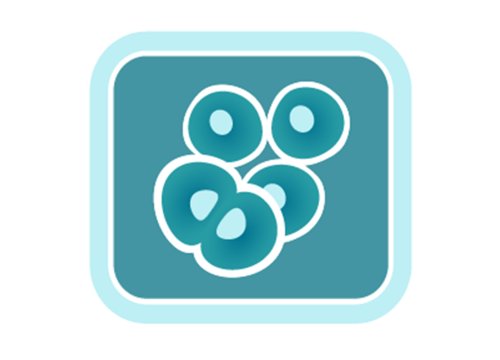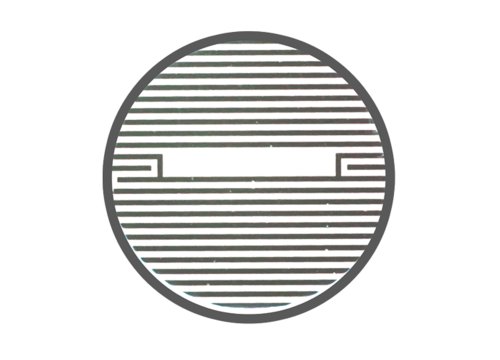Authors: Chien-Sung Tsai, Chun-Yao Huang, Yi-Ting Tsai, Chun-Ming Shih, Ze-Hao Lai, Chen-Wei Liu, Yi-Wen Lin, and Feng-Yen Lin
Molecular Oral Microbiology, 04 February 2024
Scientists perform TEER measurements on Axion’s Maestro Z live-cell analyzer to investigate the impact of P. gingivitis GroEL on barrier integrity.
Orthotopic allograft transplantation (OAT) is a common approach to treat heart failure, but many transplant recipients experience OAT vasculopathy (OATV) which ultimately leads to organ failure. Previous research has demonstrated a link between periodontal infection and posttransplant organ rejection via promotion of systemic inflammation, but the molecular mechanisms are not fully understood. In this study, scientists use a multiplatform approach to investigate a potential link between GroEL, a virulence factor of Porphyromonas gingivalis that leads to pro-inflammatory cytokine production, and the development of OATV.
To assess endothelial barrier disruption in the presence of TGF-beta and GroEL over time, the researchers performed transendothelial electrical resistance (TEER) measurements with Axion’s next-generation Maestro Z live-cell analyzer and demonstrated that GroEl exacerbated TGF-beta-induced barrier disruption in a dose-dependent manner. Taken together with other results, the authors conclude “that P. gingivalis GroEL could potentially augment OATV by impacting vascular progenitor and endothelial cell functions” and likely plays a key role in the development of OATV in heart transplant patients.


